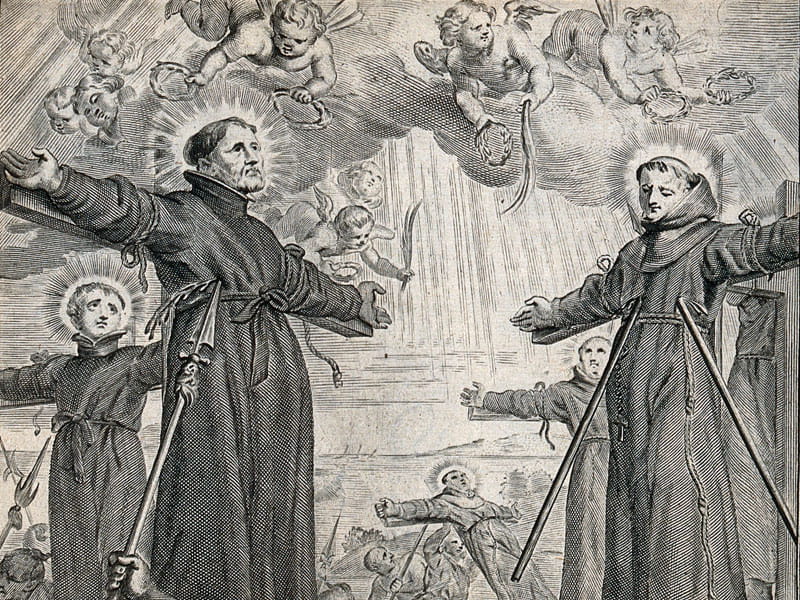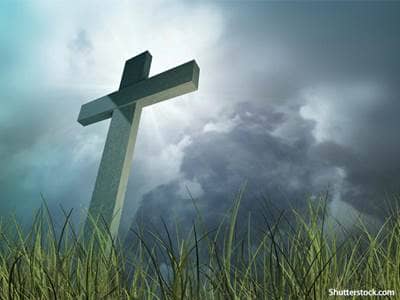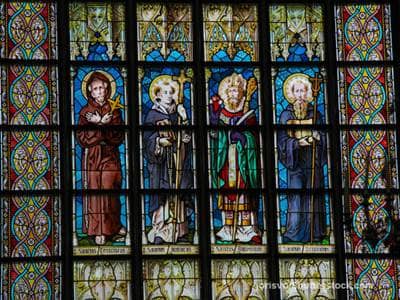St. Paul Miki and Companions (d. 1597)

Nagasaki, Japan, is familiar to Americans as the city on which the second atomic bomb was dropped, killing hundreds of thousands. Three and a half centuries before, 26 martyrs of Japan were crucified on a hill, now known as the Holy Mountain, overlooking Nagasaki. Among them were priests, brothers and laymen, Franciscans, Jesuits and members of the Secular Franciscan Order; there were catechists, doctors, simple artisans and servants, old men and innocent children—all united in a common faith and love for Jesus and his Church.
Brother Paul Miki, a Jesuit and a native of Japan, has become the best known among the martyrs of Japan. While hanging upon a cross Paul Miki preached to the people gathered for the execution: “The sentence of judgment says these men came to Japan from the Philippines, but I did not come from any other country. I am a true Japanese. The only reason for my being killed is that I have taught the doctrine of Christ. I certainly did teach the doctrine of Christ. I thank God it is for this reason I die. I believe that I am telling only the truth before I die. I know you believe me and I want to say to you all once again: Ask Christ to help you to become happy. I obey Christ. After Christ’s example I forgive my persecutors. I do not hate them. I ask God to have pity on all, and I hope my blood will fall on my fellow men as a fruitful rain.”
When missionaries returned to Japan in the 1860s, at first they found no trace of Christianity. But after establishing themselves they found that thousands of Christians lived around Nagasaki and that they had secretly preserved the faith. Beatified in 1627, the martyrs of Japan were finally canonized in 1862.
-
St. Anthony of Padua (1195-1231)
-
Servant of God Francis Garces and Companions (c. 1781)
-
St. Agatha (d. 251?)
-
Blessed Emmanuel Ruiz and Companions (1804-1860)
-
St. John Francis Regis (1597-1640)
-
Blessed Junipero Serra (1713-1784)
-
St. Thomas the Apostle
-
Our Lady of Mount Carmel
-
St. Bonaventure (1221-1274)
-
St. Maria Goretti (1890-1902)


